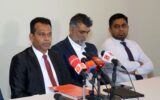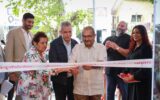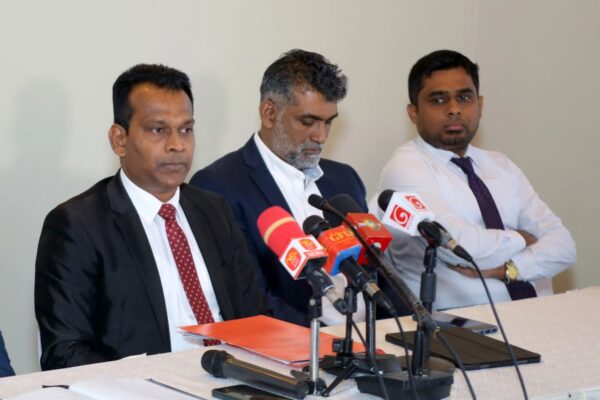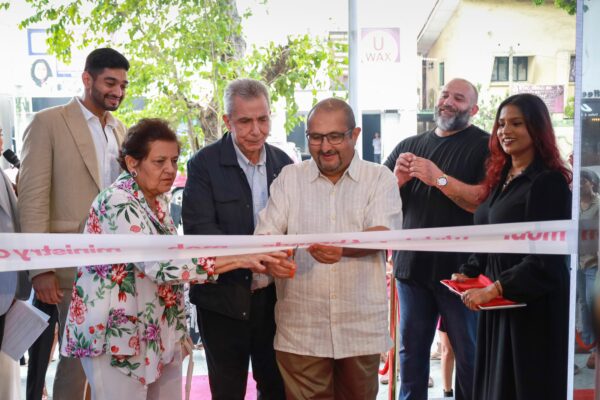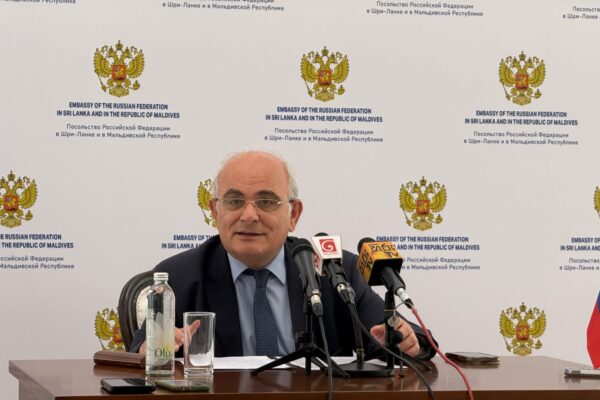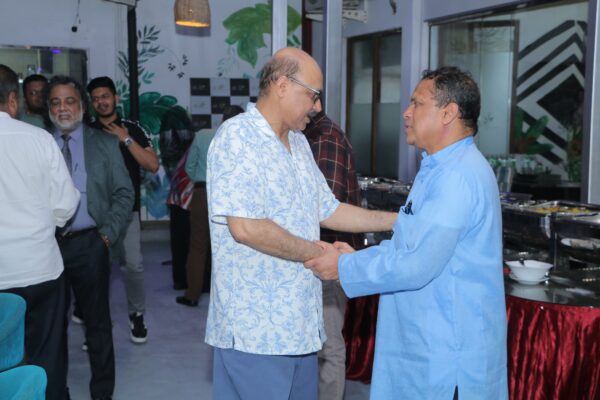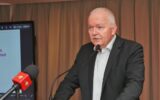

COLOMBO :A 15- member group headed by director of Muslim Religious and Cultural Affairs M S M Nawas returned to the island from Malaysia on Monday, early morning, on October 20, following a two-week Training Program in Malaysia
The Training Program on Administration and Governance was conducted from October 6th to 17th, 2025, by the Institut Latihan Islam Malaysia (ILIM) under the Government of Malaysia, in collaboration with the Department of Muslim Religious and Cultural Affairs (DMRCA), Government of Sri Lanka.
The program brought together a diverse group of participants representing key religious and community institutions of Sri Lanka, including officials from the Department of Muslim Religious and Cultural Affairs (DMRCA), members of the All Ceylon Jamiyyathul Ulama (ACJU), the All Ceylon YMMA Conference, Mosque Federations of Colombo, Kandy, and Kathankudi, as well as representatives from the National Sura Council and the Quazi Forum. This diverse representation enriched the discussions, reflecting a broad spectrum of administrative, religious, and community perspectives.
The sessions, led by ILIM’s distinguished trainers and scholars, covered a wide range of timely and relevant topics related to good governance, ethical and community development covering Mosque Management, Wakf Management, Hajj Management, Zakath System, Quazi System, Quran Madrasa System, Mufthi Department System Etc. Through lectures, group discussions, and case study analyses, participants explored the practical application of these concepts within both Malaysian and Sri Lankan contexts. The training highlighted how Islamic values can be harmoniously integrated with modern governance frameworks to promote transparency, justice, and social responsibility in public service.
This collaborative initiative also served as an important platform for fostering mutual understanding and professional exchange between Malaysia and Sri Lanka. Participants gained valuable insights into Malaysia’s governance systems and shared experiences on institutional best practices, paving the way for future partnerships and continued learning.
Nawas said : ” On behalf of the Department of Muslim Religious and Cultural Affairs, I extend my sincere appreciation to the Government of Malaysia and Government of Sri Lanka the Ministry of Religious Affairs, and the Institut Latihan Islam Malaysia (ILIM) for their warm hospitality, expert facilitation, and commitment to capacity building. The program was both academically enriching and spiritually uplifting, providing an opportunity for reflection, connection, and growth.”
“We are confident that the knowledge and experiences gained through this program will inspire participants to apply these principles in their respective roles, thereby contributing to the development of ethical, transparent, and people-centered governance within Sri Lanka,” he concluded.




